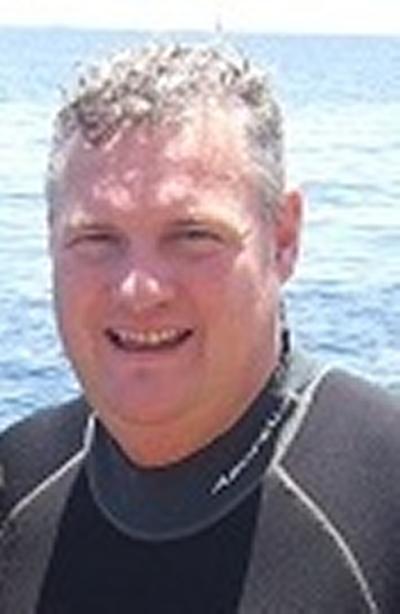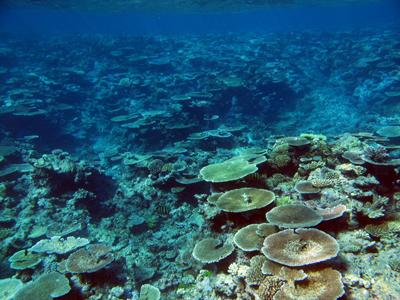The 'omics of UV-Photoprotection on the Australian Great Barrier Reef Seminar
For more information regarding this seminar, please telephone Beatrice Murphy on 023 8059 5374 or email B.J.Murphy@southampton.ac.uk .
Event details
In marine environments where nutrient concentrations are often poor, sessile invertebrates compensate for a lack of nutrients by adopting a symbiotic relationship with microorganisms, especially endosymbiotic dinoflagellates and unicellular algae. In photoautotrophic symbiosis, organic carbon is released to the animal host for nutrition by the microorganism that benefits by recycling carbon dioxide from the host for photosynthesis.
The photosynthetic requirements of symbiosis necessitate exposure to high levels of solar radiation that can lead to potential photo-oxidative toxicity, in combination with the release of photosynthetic oxygen. One mechanism symbioses has evolved in defence to chronic UV exposure is the synthesis of sunscreen compounds that naturally absorb UV radiation. These compounds, termed mycosporine-like amino acids (MAAs), are a family of some 20 plus aromatic amino-acids substituted with either cyclohexenone or cyclohexenimine UV-absorbing chromophores. Biochemical, genomic, transcriptomic and proteomic approaches to elucidate the biosynthesis of the sun screening MAAs will be presented. Understanding MAA biosynthesis may enable us in the future to develop new classes of synthetic sunscreens for the prevention of UV associated diseases such as skin cancer. This technology could also be used to divert the shikimate pathway in higher plants to produce UV tolerant crop plants for the alleviation of poverty in tropical and developing countries.


Speaker information
Dr Paul F Long, Reader in Pharmacognosy, King’s College London. Dr Long has been working at King’s College London since 2010 after spending 10 years as a junior lecturer, lecturer and senior lecturer at the School of Pharmacy, University of London. He had previously worked in the health service and pharmaceutical industry, but after obtaining his PhD in microbial biochemistry with Peter Leadlay at the University of Cambridge in 1999, he decided to pursue a research career in academia. His postdoctoral research was in chemical biology at the School of Pharmacy, University of Wisconsin-Madison, USA with Richard Hutchinson and also Julian Davies at the University of British Columbia, Canada. Dr Long is a Visiting Scientist at the Australian Institute of Marine Science; he is also an Honorary Lecturer in Bioinformatics at the University of Zagreb, Croatia and in Genetics at the University of Kaiserslautern, Germany. Dr Long is an External Member of the Graduate Faculty at the School of Marine Science, University of Maine, USA. Using experimental and bioinformatics approaches, Dr Long’s research focuses on how biosynthetic pathways have evolved to generate the rich chemical diversity found within living cells. By studying biosynthesis at the molecular level in Streptomyces bacteria and during complex marine invertebrate-microbial symbioses, Dr Long hopes to gain insight into the chemical ecology of these compounds and to assess their potential for drug discovery.